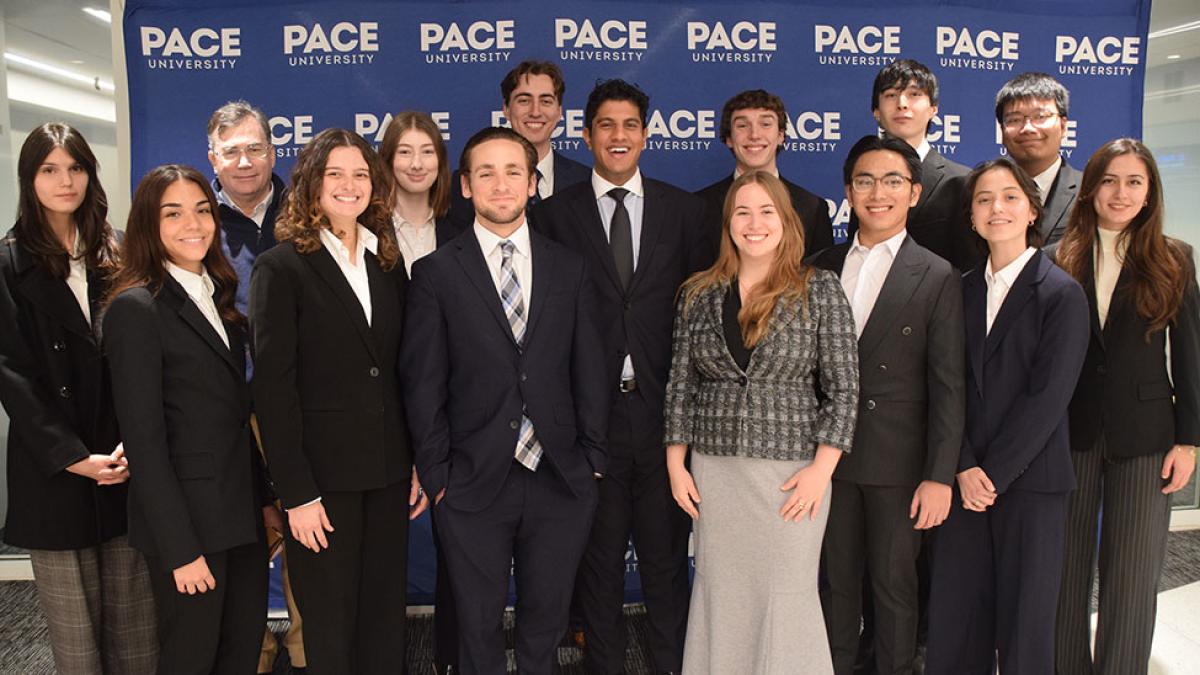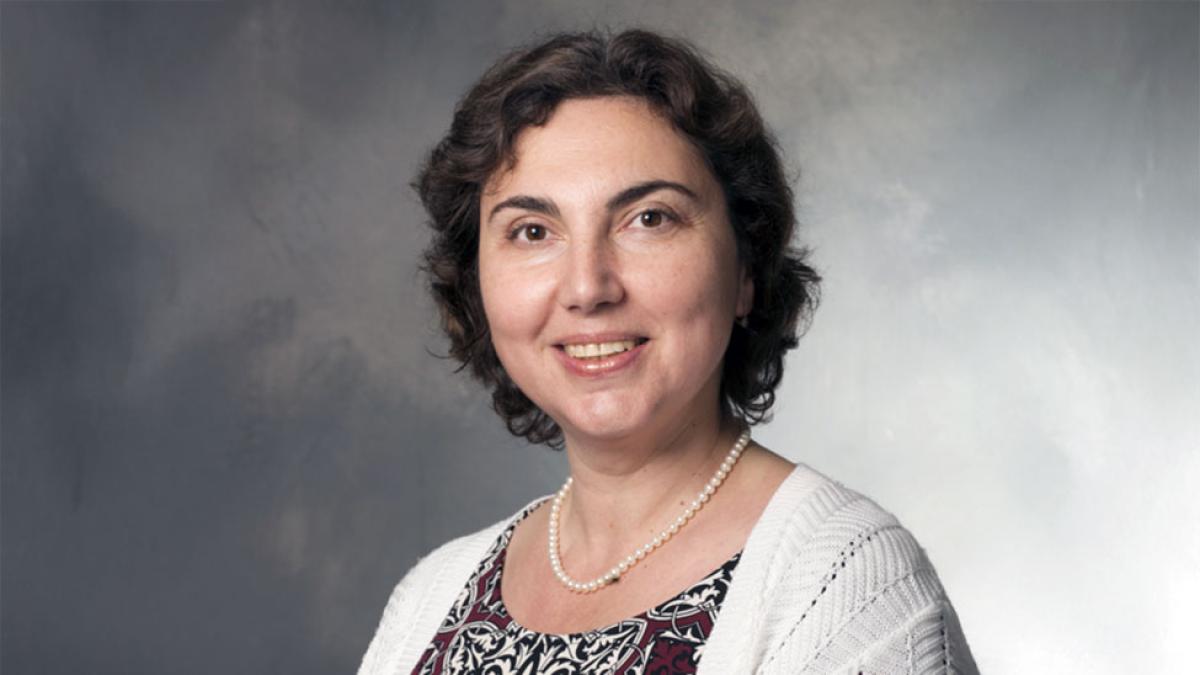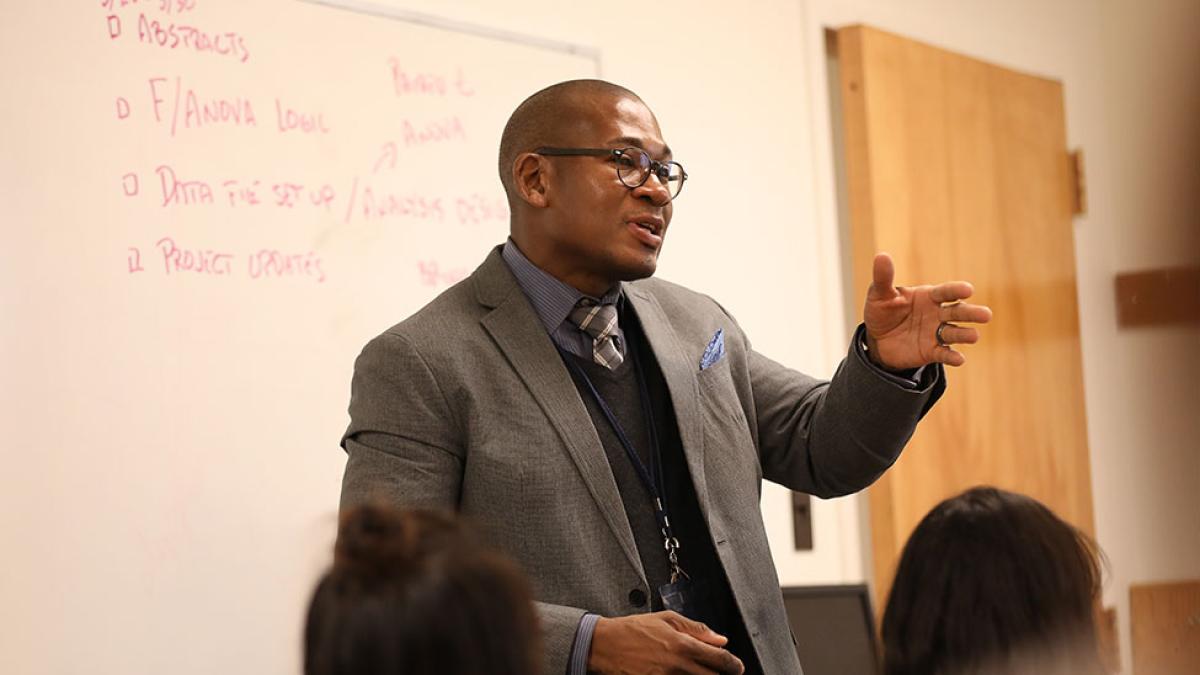Pace’s Federal Reserve Challenge Team has secured a record-breaking sixth national championship title. Team Captain Suraj Sharma ’26 opens up about the grind, the growth, and the meaning behind the historic win.
Economics Professor Breaks Down Differences in Harris and Trump Economic Plans on News12 Westchester
On the similarities between their economic plans, he cites that both of them now seem to be supportive of electric vehicles, although Harris by a much greater extent; they are also similar on housing, in the sense of a focus on affordable housing for first-time buyers, although with significantly different approaches; and also pledge no cuts on Social Security, Medicare, and Medicaid entitlement structures, with again, greatly different approaches on how to repair the weaknesses and deficiencies; they also share protectionist trade policies, with Trump being more intense in his viewpoint.
According to Weinstock, the greatest difference among the two candidates is on the topic of taxes.
“Trump tax cuts which occurred in 2017 are due to expire at the end of next year, 2025, and Trump would propose to extend those tax cuts and perhaps even cut more, such as cutting the corporate income tax rate from 21 to 19 percent. On the other hand, Harris would repeal many of the Trump tax cuts, especially for people making over $400,000 per year. She would also raise the corporate income tax rate from the current 21 percent to 28 percent and I believe that she would be more aggressive in expanding the earned income tax and child tax credits.”


